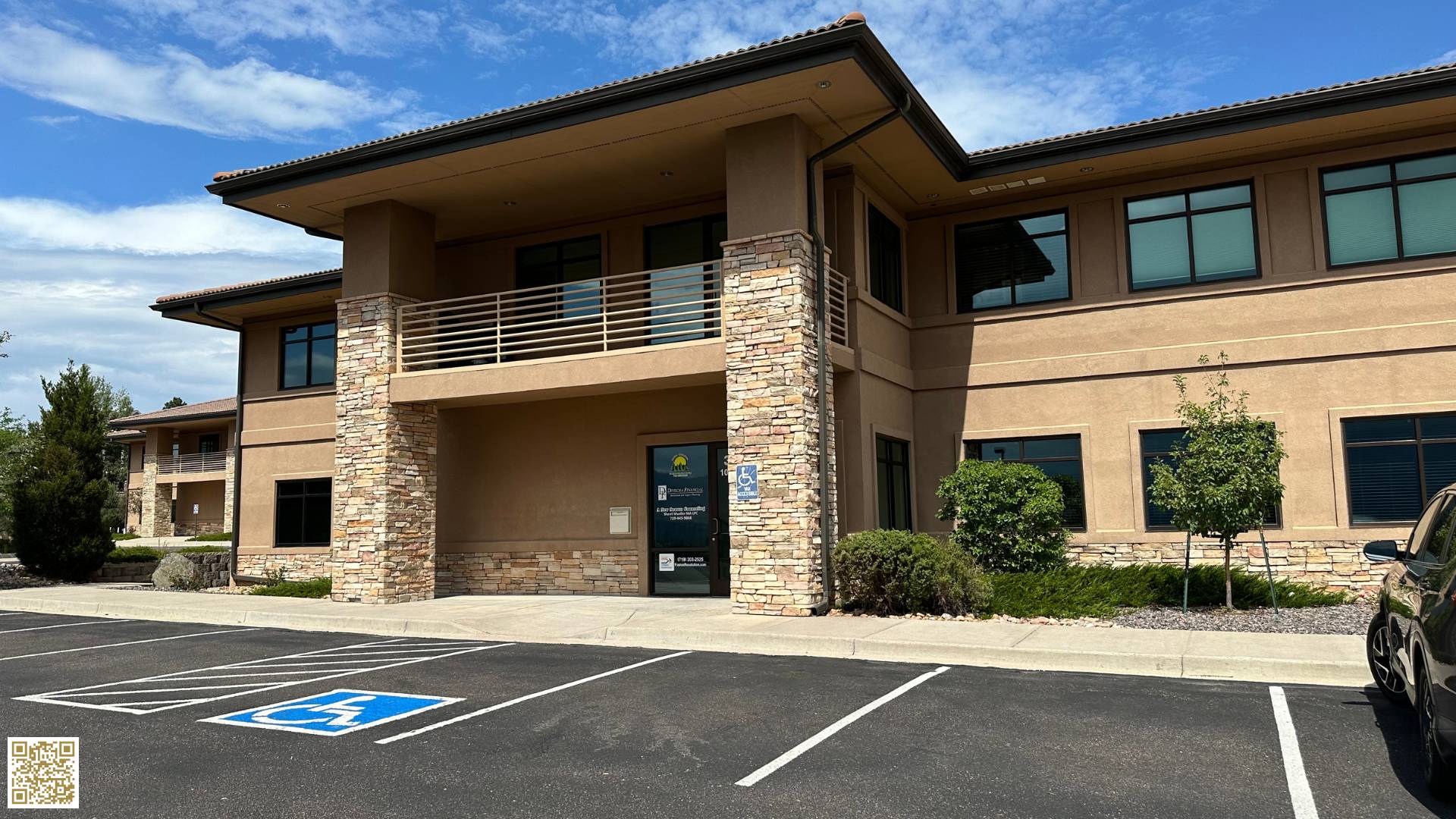SEO (Search Engine Optimization) and PPC (Pay-Per-Click) are two different digital marketing strategies that businesses can use to improve their online visibility and drive traffic to their websites. Here are some key differences between SEO and PPC:
Organic vs Paid: SEO focuses on optimizing a website’s content, structure, and technical elements to improve its visibility in organic (non-paid) search results. PPC, on the other hand, involves creating paid advertisements that are displayed on search engine results pages (SERPs) or other websites, and businesses pay for each click their ads receive.
Cost: SEO is typically a long-term investment that requires ongoing efforts and resources to maintain and improve a website’s search rankings. It may take time to see significant results from SEO efforts. PPC, on the other hand, can provide immediate visibility and traffic, but it can be costly, as businesses pay for each click, and the costs can add up quickly.
Traffic Source: SEO focuses on improving organic search rankings, which can drive free, natural traffic to a website from search engines. PPC, on the other hand, relies on paid advertising to drive traffic, and businesses need to allocate a budget for ad spend.
Click Volume: SEO tends to generate more clicks overall as it covers the entire organic search results page, including featured snippets, local map results, and more. PPC ads are typically displayed at the top or bottom of the search results page, and their visibility is dependent on the budget and bidding strategy, which may result in fewer clicks compared to SEO.
Longevity: SEO efforts can have long-term benefits as optimized content and website structure can continue to rank well in search results even after initial efforts. PPC, on the other hand, stops generating traffic as soon as the advertising budget is exhausted or the campaign is paused.
Control: PPC provides more control over ad placements, targeting options, ad copy, and landing page optimization, allowing for more precise targeting and testing. SEO, on the other hand, is subject to search engine algorithms and updates, and businesses have less control over the exact placement and ranking of their website in organic search results.
Competition: SEO can be highly competitive, as businesses vie for top organic rankings, and it may require significant time and effort to outrank competitors. PPC competition, on the other hand, is based on bidding and budget, and businesses can potentially outbid competitors to achieve higher ad placements.
In conclusion, SEO and PPC are different strategies with their own pros and cons. SEO focuses on organic search results and requires ongoing efforts, while PPC provides immediate visibility through paid advertising but can be costly. The choice between SEO and PPC depends on a business’s goals, budget, timeline, and marketing objectives. Many businesses use a combination of SEO and PPC to achieve a comprehensive online marketing strategy that balances long-term organic visibility with immediate paid visibility.



